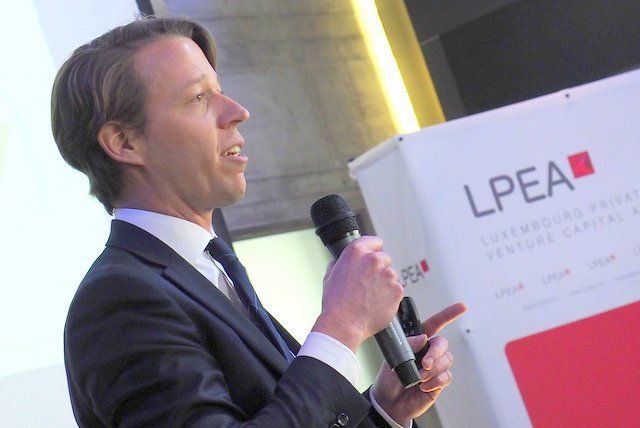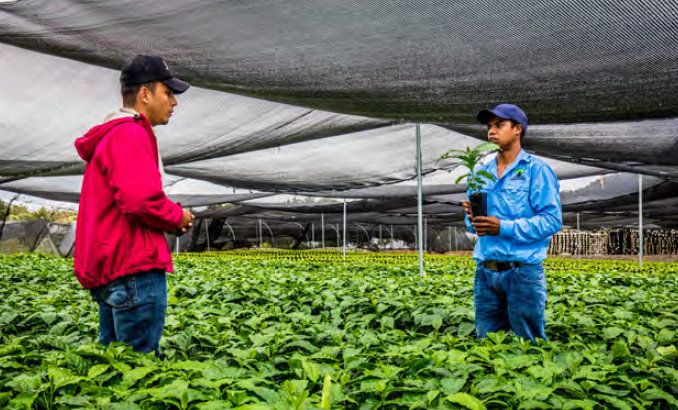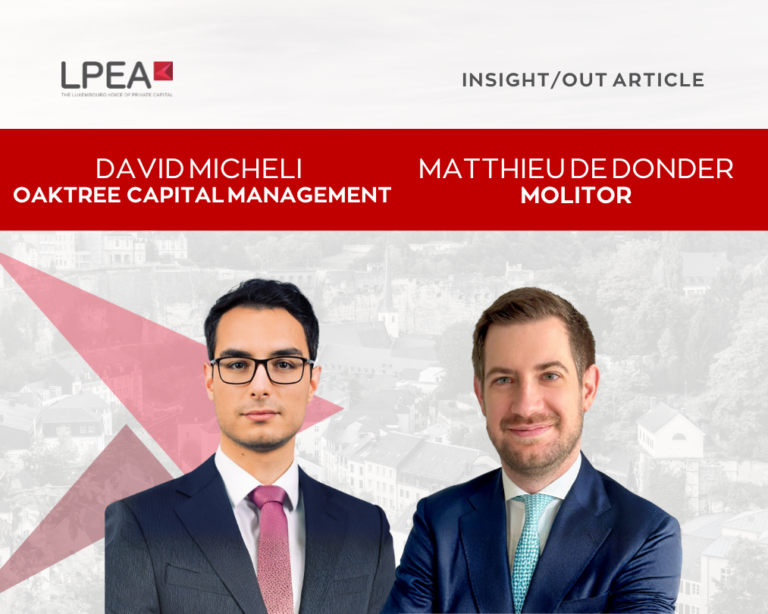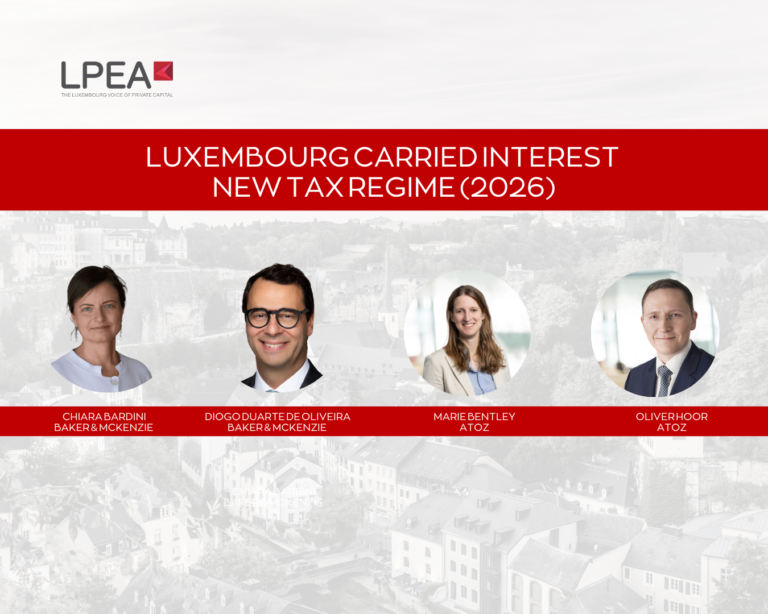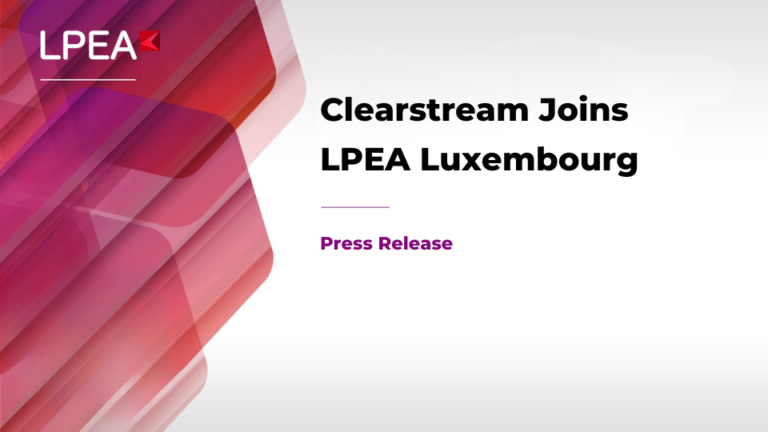Moringa: Sustainable Agroforestry in Emerging Markets
As featured in Private Equity Insight/ Out #12
The Moringa fund targets agroforestry projects located in sub-Saharan Africa and Latin america. Interview with Clément Chenost, Director and co-Founder of this Private Equity Fund, established by Edmond de Rothschild.
What led to the creation of the Moringa Fund?
This is the story of a meeting between Edmond de Rothschild and ONF International, a subsidiary of the French National Forests Office (ONF), where we were working at the time. Martin Perrier and I, both Directors, started from the premise that entrepreneurs lacked access to financing for expanding their agroforestry activities and changing the scale of operations. At the same time, Edmond de Rothschild was implementing a high-impact investment strategy, and was looking at farming and forestry. We raised funds together over a period of three years, thanks to the combination of our technical and financial expertise, up until an initial closing round of €51.4 million in 2013. A second additional round of €32.6 million followed.
What is agroforestry?
Agroforestry consists in combining trees and crops, in order to create positive interactions on farms. The trees stabilise, fertilise, and protect the soil, thanks to their deep roots. This enhances and strengthens crop-growing systems. The productivity can equal to, or even exceed that of intensive farming, while remaining environmentally friendly.
How is your fund structured and organised?
It is a Luxembourg-based venture capital company (SICAR), which was set up in 2013. The General Partner (GP) is owned by Edmond de Rothschild. Moringa Partnership, a wholly owned subsidiary of the Group, plays the role of investment adviser. The Fund includes a Latin America sub-fund and an Africa sub-fund. The aim is to acquire ten or so equity investments, ideally four in Latin America and six in Africa. We have made six investments to date, while two others are being finalised. Our investment team includes ten or so employees, including four Directors. ONF International, our technical partner, is involved as a consultant for technical due diligences.
How do you select your investments?
We have reviewed over 600 investments, and have selected six to date. As we invest in complex countries in tropical regions, we must have absolute trust in our partners, and especially in their ability to run the company according to a proper governance process. This is a priority! We dedicate between one third and half of our time on-site to reviewing the companies, their partners and their buyers in detail, as part of an investment process that takes place in several stages.
How do you identify the right market sectors?
Here again, we do so by taking considerable time and care. The production of some products, such as high-quality coffee, is very insufficient. Nespresso or Starbucks do not have enough of it, for instance. This is the reason why we invested in the development of a cluster of 5,000 tonnes of coffee, which has a consistent quality and is certified as sustainable, in Nicaragua (the La Cumplida-Cafeteria Nica-France Project).
Likewise, our investment in Texbel Farms in Belize relies on the development of the coconut water market, which people increasingly prefer to sodas and traditional fruit juices. The size of this market could increase from US$2 billion to US$7 billion by 2021. If we do not identify the right market sectors, we will not be able to achieve strong financial returns, or achieve our environmental and social impact targets.
How do you estimate the environmental and social impact that you may create?
We look for development models that generate local added value, as part of a short cycle and a circular economy, in order to limit waste. Small producers are the most likely to generate a high impact. They represent the farming model of the future, in our view.
Is the promise of a high impact sufficient to convince you?
No. The quality of the entrepreneur, and their positioning on a profitable market count as much as the impact. Likewise, we exclude talented entrepreneurs who do not share our sustainable development values.
From what point can we talk about a positive impact?
Aside from the UN’s 17 SDGs (Sustainable Development Goals), it is essential to have an impact thesis and to accurately understand the goal sought. Wanting to have a positive impact is not everything. You also need to know how to achieve that impact. Meanwhile, we want to regenerate depleted soil using sustainable agroforestry systems, and we set ourselves quantified targets. From a social standpoint, we want to increase farmers’ income in addition to creating jobs, which we can encourage via local processing factories. We also provide technical assistance and training, which is intended for entrepreneurs in Benin and their teams, for example.
How do we distinguish between impact investing and other forms of responsible investment?
SRI and green investing are the result of a defensive approach, and of excluding some sectors that are considered as non-sustainable. Conversely, impact investing meets quantified financial, environmental, and social targets. Our targets are published, and disseminated on our website. The financial and non-financial impact must be balanced and measured. Only the results matter.
Who has invested in Moringa?
Two thirds of the investments come from cooperation banks (such as the African Development Bank and the French Development Agency), and one third from Family Offices. We are seeking to diversify private investment.
FOCUS ON TOLARO
WHY DID YOU INVEST IN TOLARO, A BENIN-BASED COMPANY THAT GROWS CASHEW NUTS?
The nut market is growing at a very rapid rate, especially cashew nuts, thanks to their health benefits. Cashew nuts are particularly popular with vegetarians and vegans, who use them as a source of protein in the form of cashew nut milk and cheese.
West Africa has become the leading global crop-growing area, ahead of India, which uses most of its crop. However, 95% of the raw materials from Western Africa are purchased by large traders before being processed in Asia, and then exported.
Tolaro is one of the rare African companies to have developed a processing plant on-site, in Benin. Tolaro was founded in 2008 by Jace Rabe, a US national, and Serge Knopou, a Benin national, and already ranks among the 20 largest companies in Benin, with around 600 employees. The company has reached financial break-even by processing 2,500 tonnes of cashew nuts, while Benin exports 150,000 tonnes in total.
IN WHAT WAY ARE YOU USEFUL TO TOLARO?
We have invested €7 million (i.e. slightly less than 10% of the portfolio), in order to increase Tolaro’s production from 3,000 tonnes to 20,000 tonnes by 2021. Profitability in this market goes hand-in-hand with volume. We are going to achieve a first in Western Africa thanks to this investment, with a fully-finished product, i.e. cashew nuts that are ready to be marketed and consumed. We are also in the process of building a co-generation power plant, where the waste generated by processing the cashew nuts will be recovered, in order to generate power for the plant and local communities.
WHAT IS YOUR SOCIAL AND ENVIRONMENTAL IMPACT?
The farmers have already increased their yields by a factor of three or four, thanks to the support provided to them, which has a major impact on their income. In fact, thanks to our investment, Tolaro is expected to purchase nuts from 30,000 farmers instead of the 7,000 today, and to increase the number of trained growers from 2,000 to 7,000. The impact is also significant from an environmental standpoint, as the aim is to achieve environmentally-friendly management of the farms. This enables the farmers to be awarded Organic and Fair Trade certificates, and then to increase their prices.


